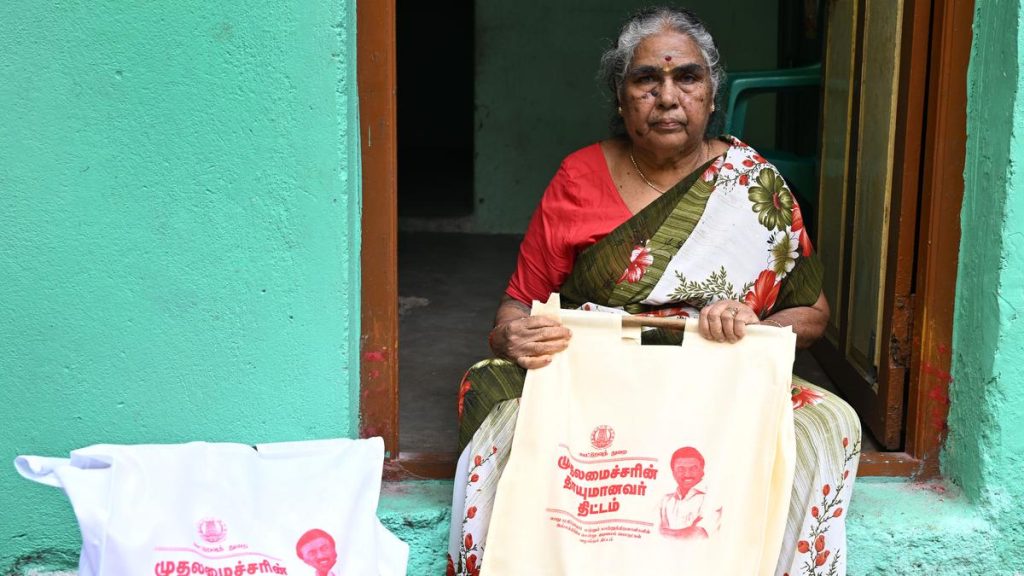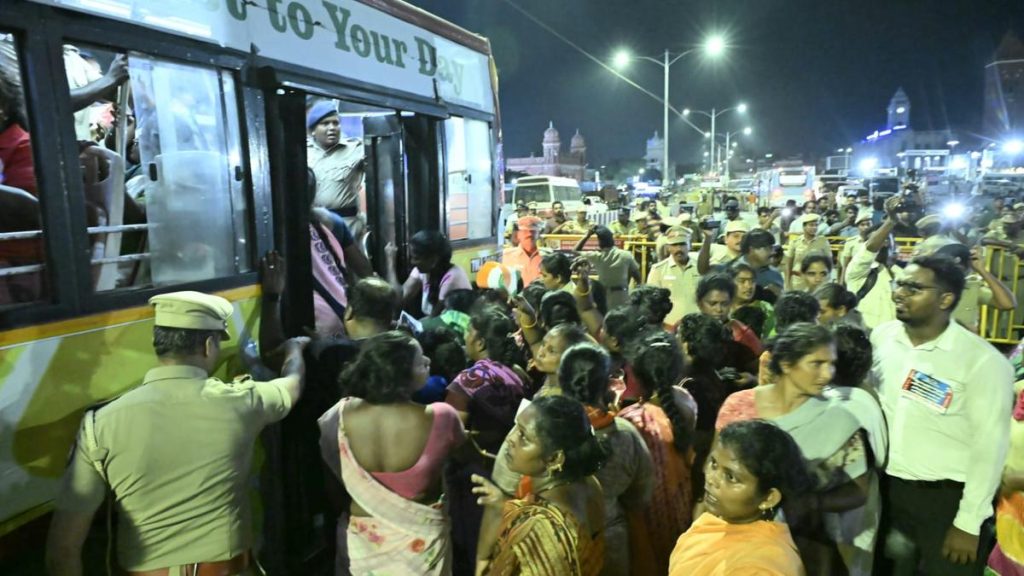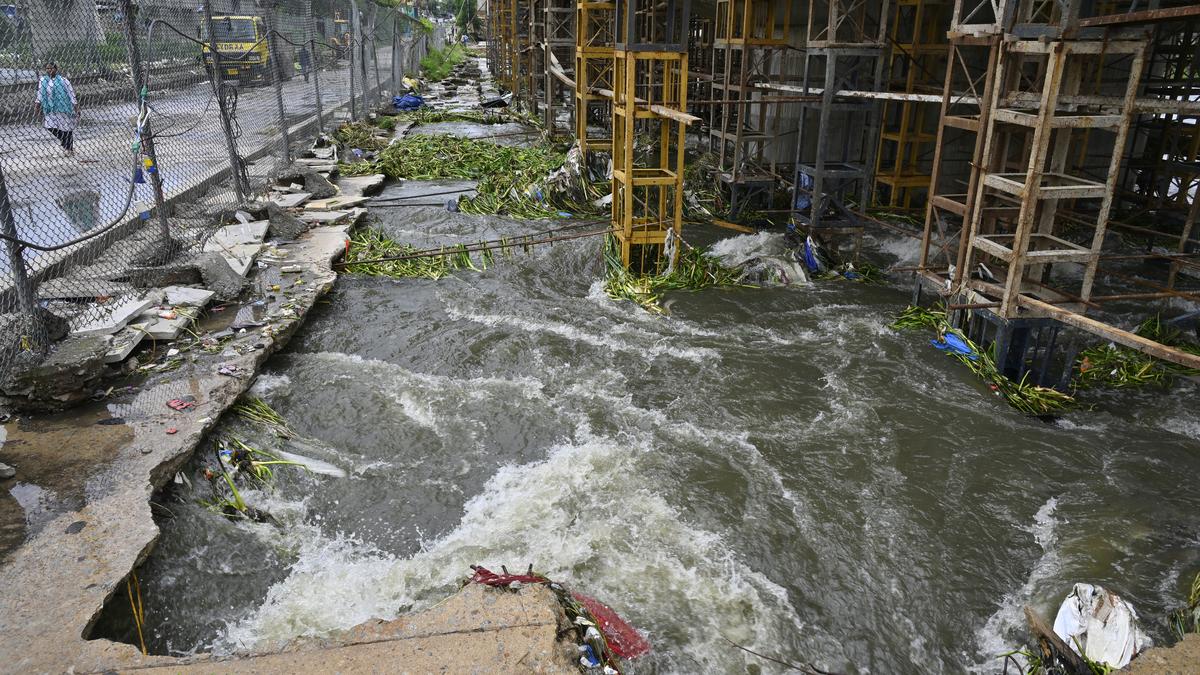Now Reading: Forest Rights Titles Missing in Chhattisgarh, Officials Cite ‘Reporting Error
-
01
Forest Rights Titles Missing in Chhattisgarh, Officials Cite ‘Reporting Error
Forest Rights Titles Missing in Chhattisgarh, Officials Cite ‘Reporting Error
Quick summary
- Missing Records: Thousands of forest rights titles distributed in Chhattisgarh across several districts,including Bastar,Rajnandgaon,and Bijapur,have allegedly disappeared from governmental records over the last 17 months.
- discrepancies: The State goverment attributed the discrepancies to “miscommunication and reporting errors,” leading to corrections in their records.
- Data Overview:
– IFR (Individual Forest Rights) titles in Bastar dropped by over 2,700 between January 2024 and May 2025.
– Rajnandgaon saw CFRR (Community Forest Resource Rights) titles reduce from 40 to 20 within a month last year.
- FRA Implementation Concerns:
– Experts categorize the reduction as an “anomaly,” as no legal provision exists under the Forest Rights Act (FRA) for withdrawing granted titles.
– Poor record-keeping has historically hindered FRA implementation; similar issues were identified at both State and national levels despite efforts for digitization under schemes like dharti Aba Janjatiya Gram Utkarsh Abhiyaan (2024).
- Naxal-Affected Regions: Formerly left Wing Extremism regions show slow FRA progress. For instance:
– Kabirdham saw no additions in rights during this period; Kondagaon had comparatively higher growth with over 1,273 IFR titles added.
– Newly declared Naxal-free areas such as Mohla-Manpur recorded negligible increases-two CFRR titles added without IFR allocations.
Indian Opinion Analysis
The ongoing discrepancies concerning forest rights documents could undermine trust in governance at both administrative and grassroots tribal levels. While some errors may genuinely arise due to communication breakdowns across local committees working on FRA implementation processes, consistent reductions suggest either systemic inefficiencies or overlooked vulnerabilities previously flagged by activists.
The Forest Rights Act is critical in ensuring legal ownership and lasting use for tribal communities traditionally marginalized. Instances where historical record inconsistencies continue can dilute confidence despite widespread digital reforms intended via centralized initiatives like Dharti Aba.
At a larger level, ensuring robust documentation impacts broader socio-political dynamics such as counter-Naxal strategies – noting chief link claims examples reported indirect challenges integrating overlaps tightening uniformly recover remaining actionable unexplored rural policy applications focusing tribal living uses systematically forward-thinking observation FRA exercising procedural capacities clarifying ambiguity supportences unexplained gaps addressable

























